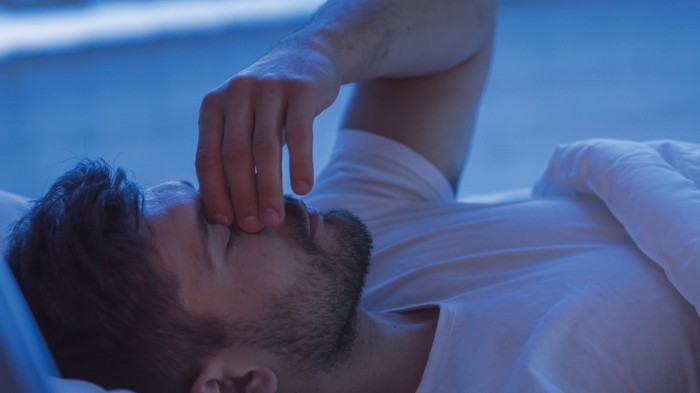Insomnia is a sleep problem where everyone is unable to fall asleep or stay asleep. Most Australians experience insomnia at some stage in their lives, contributing to 1 in 10 folks have a minimum of mild insomnia at the same time. It really is more established in ladies and the elderly.

Insomnia range from:
difficulty sleeping comfortably
awakening during the night and having trouble finding comfort sleep
getting out of bed too early
Sometimes people experience seventy one.
A lot of people experience insomnia for any limited time, for example if they are worried or stressed. But sometimes insomnia is chronic (called chronic insomnia disorder), meaning people have trouble falling or staying asleep not less than A few months, in addition to being impaired throughout the day.
Which are the signs and symptoms of insomnia?
People experience insomnia differently. Some of the signs of insomnia are:
having difficulty falling asleep
waking a great deal at night time
waking up too soon and being unable to get back to sleep
not feeling refreshed if you wake
Insomnia can bring about these symptoms in daytime:
tension headaches
feeling tired or just being too sleepy to accomplish normal activities
poor memory and concentration
worrying about sleeping
feeling irritable or moody
being hyperactive, aggressive or impulsive
losing fascination with doing things
reduced energy and motivation
feeling sleepy when sitting quietly
What may cause insomnia?
Sometimes there is no underlying cause of insomnia. This is known as primary insomnia.
Sometimes it comes with an underlying cause for instance a overall health condition, anxiety, depression or sleep problem. This is known as secondary insomnia.
Insomnia may be made worse by:
poor sleep habits (sleep hygiene)
substances including caffeine, nicotine, alcohol, amphetamines and some prescription medicines
stress, due to work or financial problems, relationship issues or grief
health concerns, particularly conditions causing pain, hormone changes (e.g. hot flushes and night sweating during menopause), and breathing, urinary or digestive problems
mental health conditions – insomnia could be a sign of anxiety, depression or any other disorders
insomnia issues, including obstructive sleep apnoea, circadian rhythm disorders brought on by irregular sleep patterns, restless legs syndrome and periodic limb movement
life stage – seniors are more likely to have insomnia
shift work – people who work different shifts often usually do not sleep along with people who work set hours in the daytime
When should I see my doctor?
It is just a good option to talk to your doctor should you be experiencing difficulty sleeping or perhaps you are experiencing problems with your mood, feeling restless during intercourse, snoring badly or awakening not feeling refreshed. Keeping a sleep diary is an excellent strategy to track symptoms, that you can give your overall health professional.
We apply CBT-I to settle your insomnia problems quickly. Do you feel tired due to insomnia? Do you dread going to work? Sometimes you may feel anxious with your relationships? Get a life in 6 sessions, and without chemistry. We greet you online, inside the comfort of your cocoon, including on weekends for the outings. CBT-I (CBT-I), Cognitive-Behavioral Therapy for Insomnia, is definitely an advanced scientific method with demonstrated effectiveness within a large population.
State-licensed psychologist (France), university degree in neuropsychology, certified hypnotist (France), Ecole Normale Superieure d’Ulm graduate, Columbia University visiting student.
More info about tiredness you can check this useful resource
